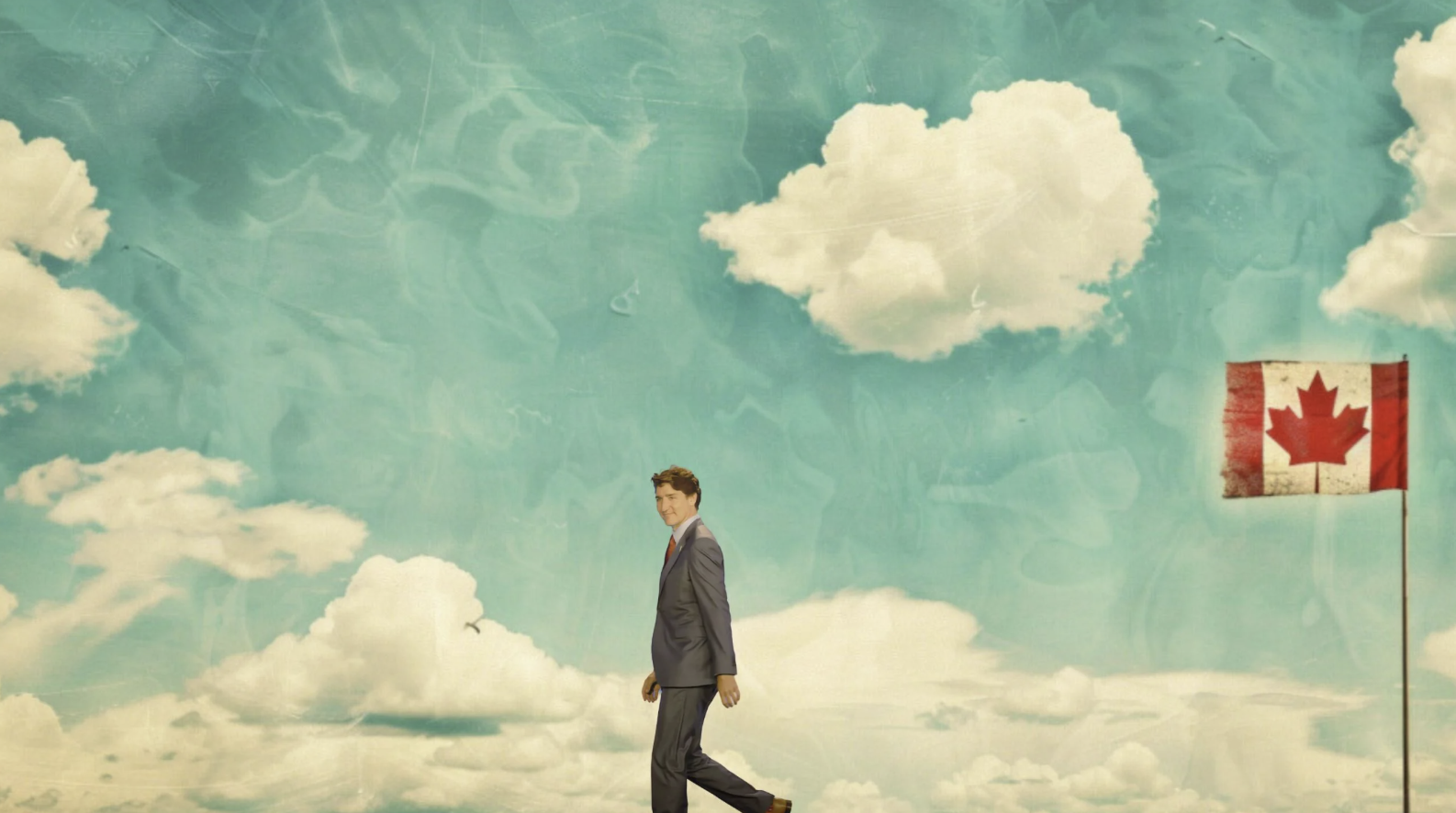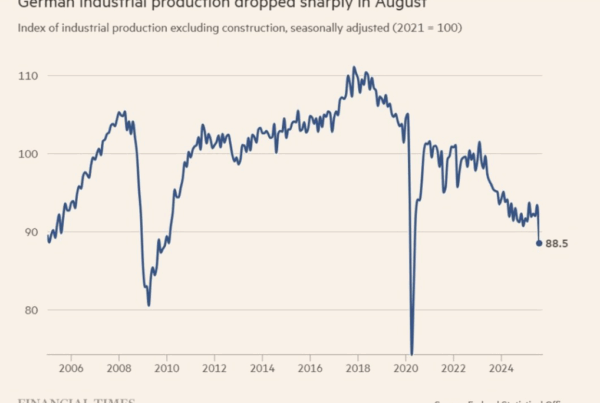Source: Reclaim The Net —
Justin Trudeau’s tenure was defined by censorship, economic mismanagement, and the weaponization of state power against his own citizens. His resignation marks the end of an era—one defined as much by lofty rhetoric as by policies that left a deep mark on civil liberties and public trust.
After nearly a decade in office, after attempts at photogenic diplomacy and tearful apologies, Justin Trudeau is stepping down as Canada’s Prime Minister, leaving behind a legacy as divisive as it is dramatic. To some, he was the poster child for progressive leadership, a leader who championed climate action and diversity while bringing Canada into the global spotlight. To others, he was an over-polished politician whose tenure was defined by censorship, economic mismanagement, and the weaponization of state power against his own citizens. His resignation marks the end of an era—one defined as much by lofty rhetoric as by policies that left a deep mark on civil liberties and public trust.
So, what’s Trudeau’s Canada after nearly ten years? A land of progressive aspirations or a dystopian Pinterest board?
Censorship: The Friendly Autocrat Edition
Few things capture Trudeau’s tenure better than his government’s legislative war on free speech. Let’s start with the dynamic duo of digital overreach:
Bill C-10: “Regulating the Unregulatable”
The saga of Bill C-10 began innocently enough. Trudeau’s government framed the bill as a noble effort to modernize the Broadcasting Act. After all, the law hadn’t been updated since 1991, back when Blockbuster was thriving and the internet was just a nerd’s dream. The goal, they said, was to “level the playing field” between traditional broadcasters and streaming giants like Netflix and YouTube.
Sounds fair, right? Not so fast.



